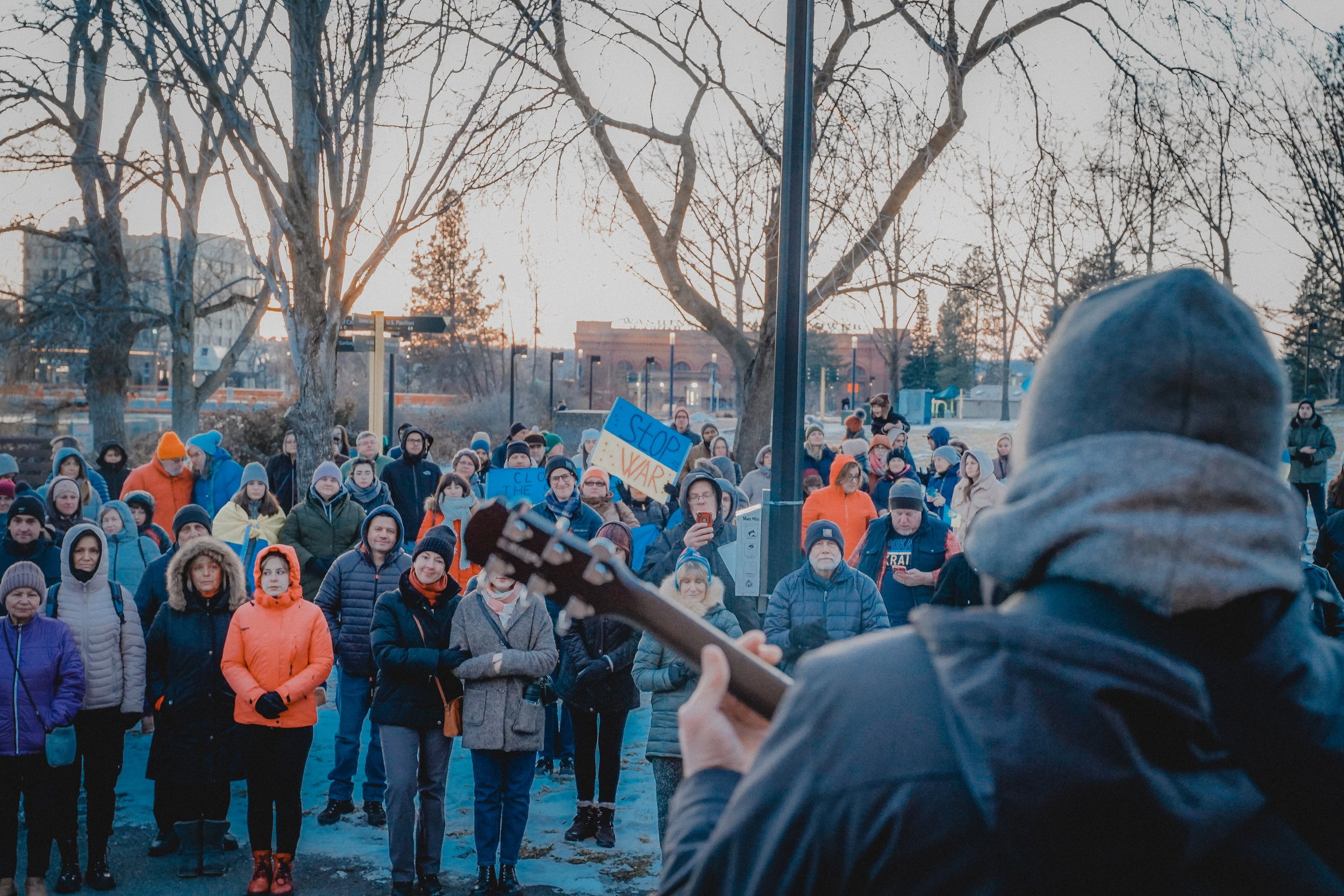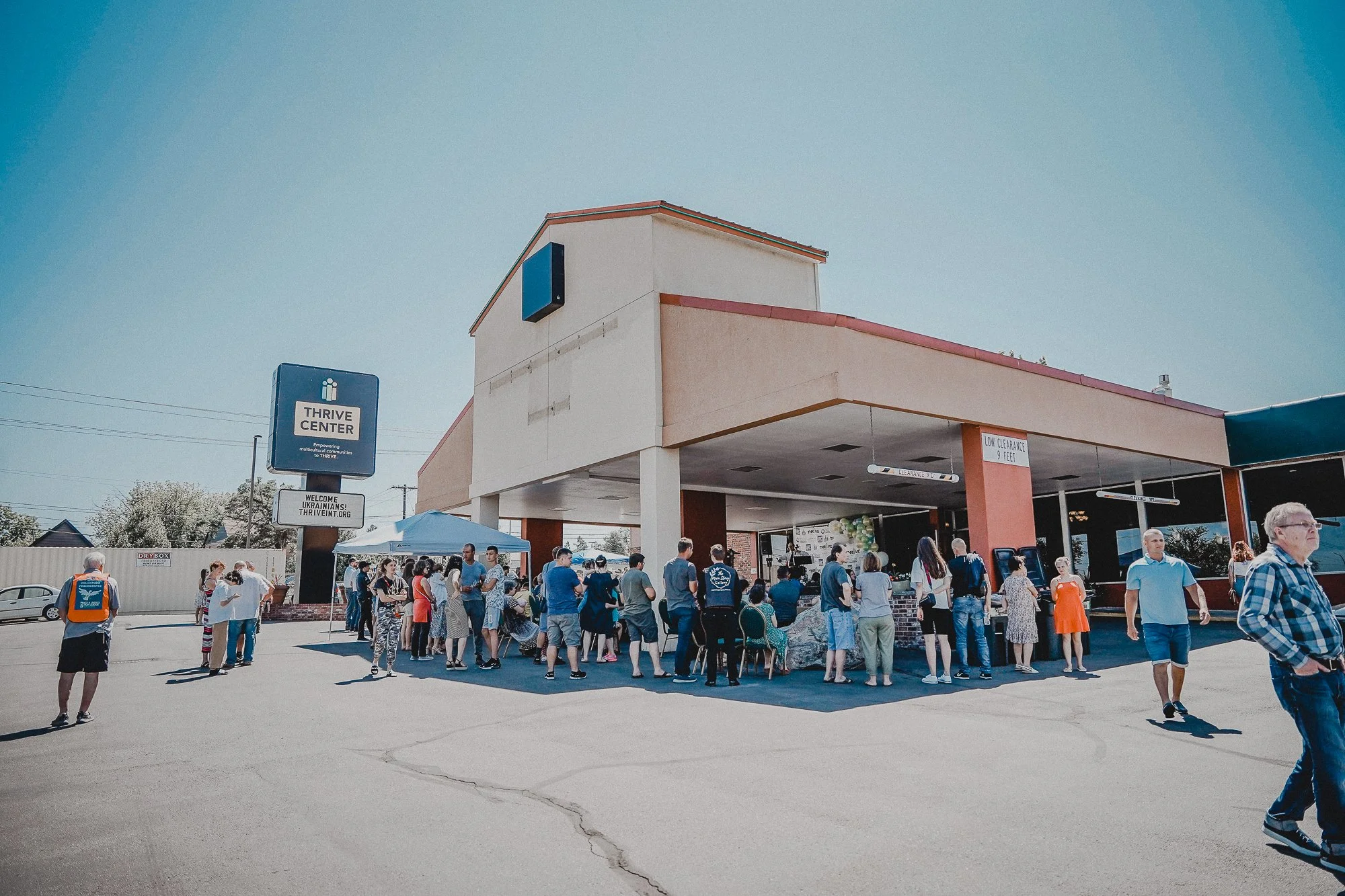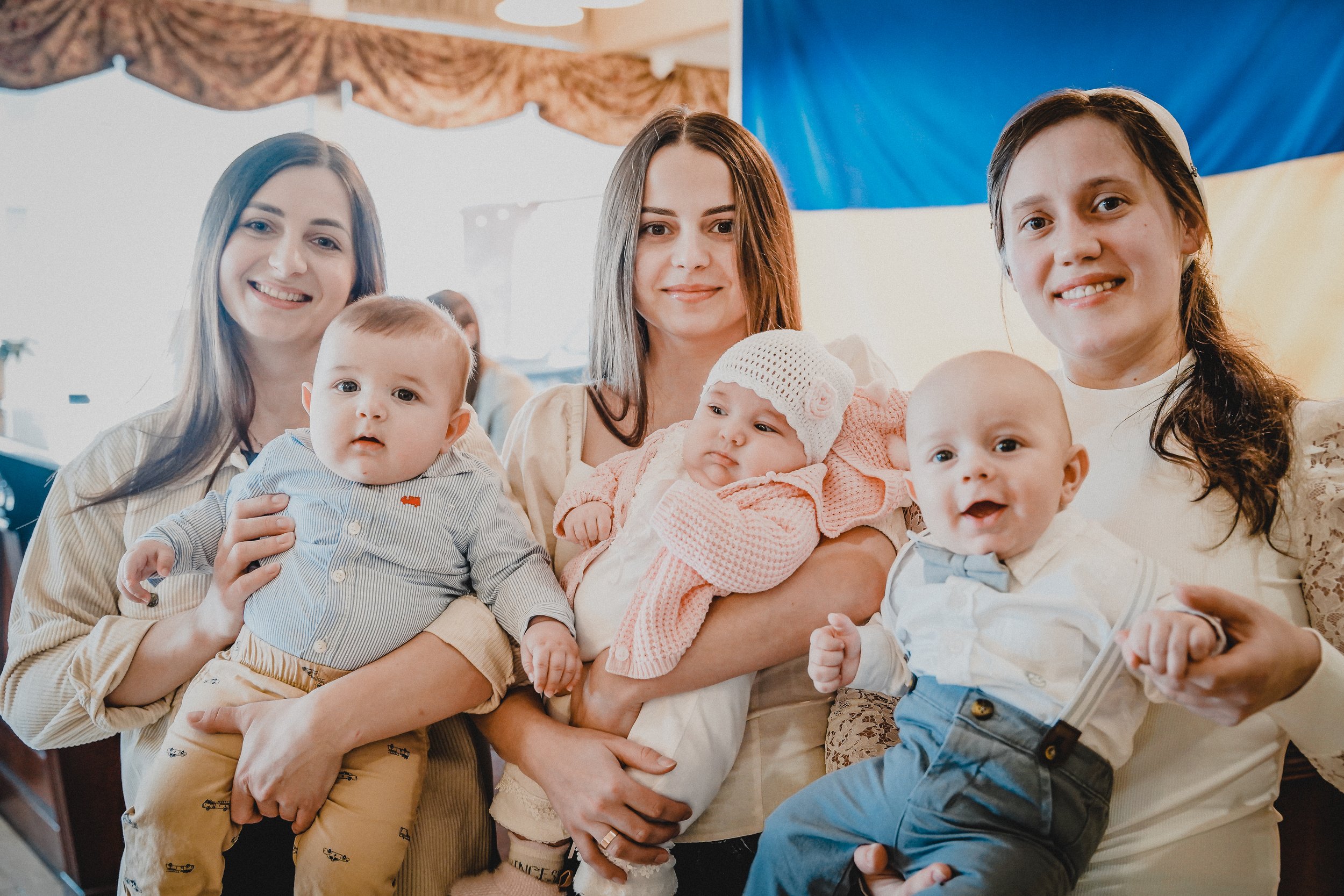













Soccer Can Change the World.
Last week, Thrive International’s Soccer camp 2022 brought together over 60 kids from 10 different countries for 4 days.
















Last week, Thrive International’s Soccer camp 2022 brought together over 60 kids from 10 different countries for 4 days.

